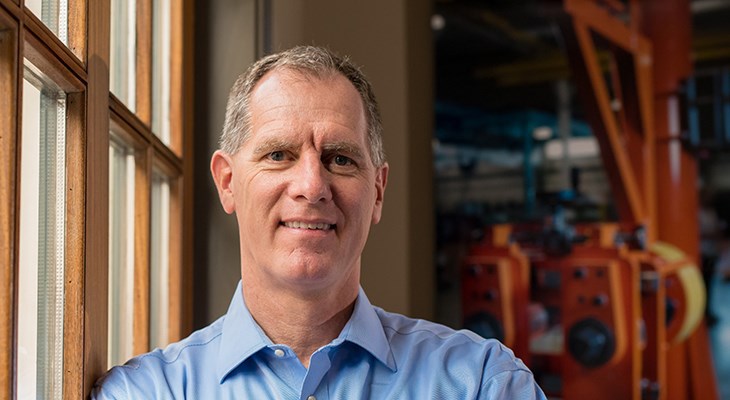To overcome challenges in the supply chain, Stephen Cook, executive managing director of LFM Capital, an operationally focused, lower middle-market private equity firm that invests in the manufacturing space has been putting more emphasis on digging into the details — the second and third level suppliers — within a target's supply chain.
With partners, including himself, who have managed major supply chains, the firm has maintained a focus on deep diligence into those operational variables and can understand the risks with such investments — what could shut a factory down. Still, there have been tough lessons learned for the firm through this recent supply chain disruption:
"The lethal combination of not having price escalation clauses when prices for commodities just skyrocketed," he says. "Obviously, steel has gotten a lot of press, and having really large backlogs at the same time. So, we've got some businesses that are in our portfolio that historically have not had really large backlogs — more of a build-to-order manufacturing model — and that just hasn't been commonplace to have escalation clauses because the commodity prices were pretty stable and there just wasn't a long time difference between when you took an order and quoted it and when you delivered it. But over 2021, we definitely learned some tough lessons about that risk. When you all of a sudden, because of your own labor challenges, backlog grows tremendously, and on top of that, commodity prices skyrocket, that's a tough situation to be in with your customers."
To address it on a go-forward basis, those price escalation clauses became a necessity.
"It's something that really raises the hair on the back of our neck when we see that in a company, he says. "And I would say if it's an industry where it's just completely unacceptable to have price escalation clauses, that would be a big, big negative as far as us looking at it as an investment because nobody can predict when there could be a major issue."
The war in Ukraine, he says, is a great example. There are certain commodities that are concentrated in Ukraine. The conflict has caused the prices of those to skyrocket. And while, proactively, the firm has added price escalation clauses to any company that had that risk, there wasn't an opportunity to take such a step before the supply chain turmoil.
"How we dealt with it in the moment was taking a hit on profitability, in a lot of cases, for really good customers, having conversations with customers about the situation we were in and trying to find a happy medium that they were comfortable with," he says. "But it was just kind of working through a very difficult situation and having a bunch of tough conversations with customers and also threading a needle as far as our own profitability."
Cook spoke on the Smart Business Dealmakers Podcast about raising the capital for the company's most recent fund, his view of the situation in middle-market manufacturing, and how the firm is dealing with the economic pressures in that sector. Hit play to catch the full interview.




